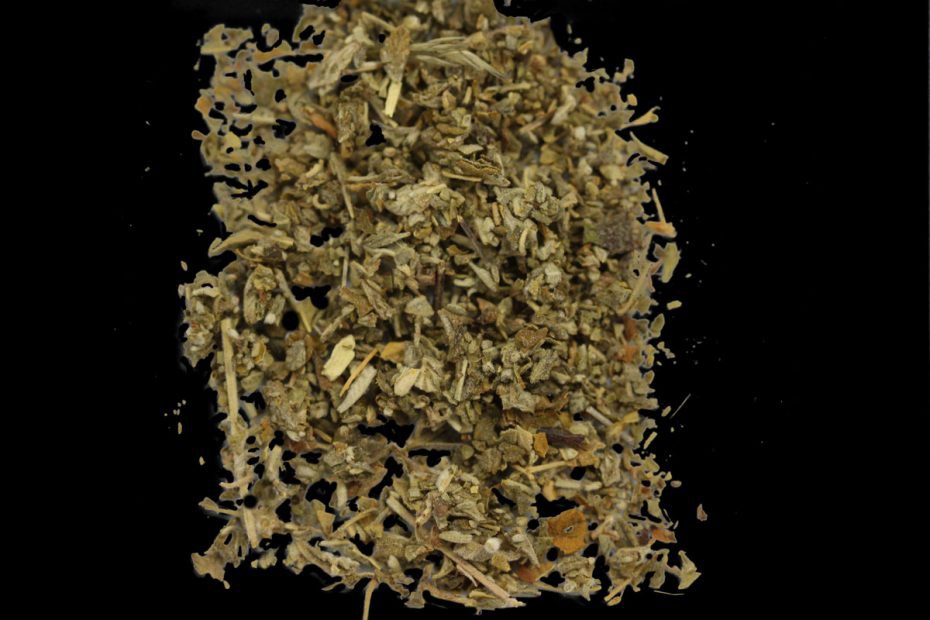Investigating the Promising Applications and Positive Impacts of Flavor as an Artificial Cannabinoid
In current years, the expedition of synthetic cannabinoids, specifically Spice, has actually sparked fascinating discussions within the medical and scientific neighborhoods. As study dives deeper right into this artificial substance, uncovering its resemblances and disparities with natural cannabinoids, a nuanced understanding of its advantages and challenges arises.
Healing Possible of Spice
Exploring the restorative potential of Flavor, an artificial cannabinoid, involves a vital assessment of its medicinal residential or commercial properties and possible clinical applications. Flavor, additionally called synthetic marijuana, communicates with the endocannabinoid system in a fashion similar to natural cannabinoids, such as those found in marijuana. This communication causes different physiological effects that have sparked interest in its restorative possibilities.
Research studies have actually indicated that Flavor may have potential as an analgesic, helping to ease pain in problems such as neuropathic discomfort or chronic inflammatory pain - Buy K2 Paper For Sale. Furthermore, its interaction with cannabinoid receptors provides a possibility for exploring its usage in taking care of signs of problems like several sclerosis or chemotherapy-induced nausea and vomiting

Pain Monitoring Benefits
Spice, a synthetic cannabinoid, exhibits appealing potential hurting administration due to its analgesic residential properties and interactions with the endocannabinoid system. The analgesic residential properties of Seasoning stem from its capability to regulate discomfort understanding paths, supplying remedy for various sorts of discomfort, including neuropathic, inflammatory, and nociceptive pain. By targeting the endocannabinoid system, Spice can manage pain signals, decrease inflammation, and minimize pain related to persistent discomfort problems.
Researches have actually shown that Flavor can effectively minimize discomfort intensity and boost discomfort resistance in preclinical designs of discomfort. This synthetic cannabinoid has actually shown effectiveness in taking care of pain signs without causing substantial adverse effects typically associated with typical pain medicines. Additionally, Seasoning reveals possible in minimizing opioid reliance and misuse, offering a safer choice for discomfort management.
Neuroprotective Residences
Synthetic cannabinoids like Flavor have been progressively acknowledged for their possible neuroprotective properties in mitigating neuronal damages and advertising brain health. Researches recommend that these compounds might provide neuroprotection through various systems, consisting of antioxidant effects, anti-inflammatory residential or commercial properties, and modulation of natural chemical launch. By interacting with the endocannabinoid system in the brain, artificial cannabinoids can control neuronal activity and possibly reduce the impact of neurodegenerative illness or injuries.
One trick aspect of the neuroprotective buildings of Flavor is its capability to regulate excitotoxicity, a process wherein extreme stimulation of nerve cells leads to cell damages or fatality. By regulating neurotransmitter release and dampening excitotoxic signaling pathways, synthetic cannabinoids may assist protect neurons from damaging overstimulation. Furthermore, the anti-inflammatory impacts of Flavor might alleviate neuroinflammation, which is often implicated in numerous neurological problems.
Relative Analysis With All-natural Cannabinoids
In contrasting the neuroprotective homes of synthetic cannabinoids like Spice with those of all-natural cannabinoids, a nuanced analysis of their respective impacts on neuronal wellness is essential. Natural cannabinoids, such as those located in the marijuana plant, have been thoroughly studied for their neuroprotective effects. These substances interact with the endocannabinoid system in the body, which plays a crucial function in preserving neuronal feature and safeguarding against neurodegenerative diseases.

Regulative and Ethical Considerations
Thinking about the possible ramifications on human health and wellness and wellness, an assessment of regulatory and honest factors to consider bordering using synthetic cannabinoids compared to all-natural cannabinoids is imperative. Synthetic cannabinoids, like Seasoning, present one-of-a-kind obstacles because of their usually unknown chemical structures and strength variations. Regulatory bodies deal with the challenging task of staying on top of the rapid emergence of brand-new artificial cannabinoid compounds, which can make it difficult to impose consistent and effective policies.

To resolve these regulative and ethical challenges, policymakers should focus on study right into the lasting impacts of synthetic cannabinoids and develop clear standards for their production, sale, and usage. Education projects are important to inform the public concerning the threats connected with synthetic cannabinoids and advertise responsible intake methods. By taking positive procedures, culture can better protect against the potential injuries positioned by artificial cannabinoids while upholding moral standards and safeguarding public wellness.
Verdict
Finally, the investigation into the therapeutic capacity of seasoning as an artificial cannabinoid has revealed encouraging lead to pain administration and neuroprotection. Relative analysis with natural cannabinoids suggests similar benefits. Regulative and moral factors to consider must check out this site be thoroughly taken a look at prior to prevalent usage. Overall, the positive effects of flavor as a synthetic cannabinoid warrant additional research and exploration in the clinical area.